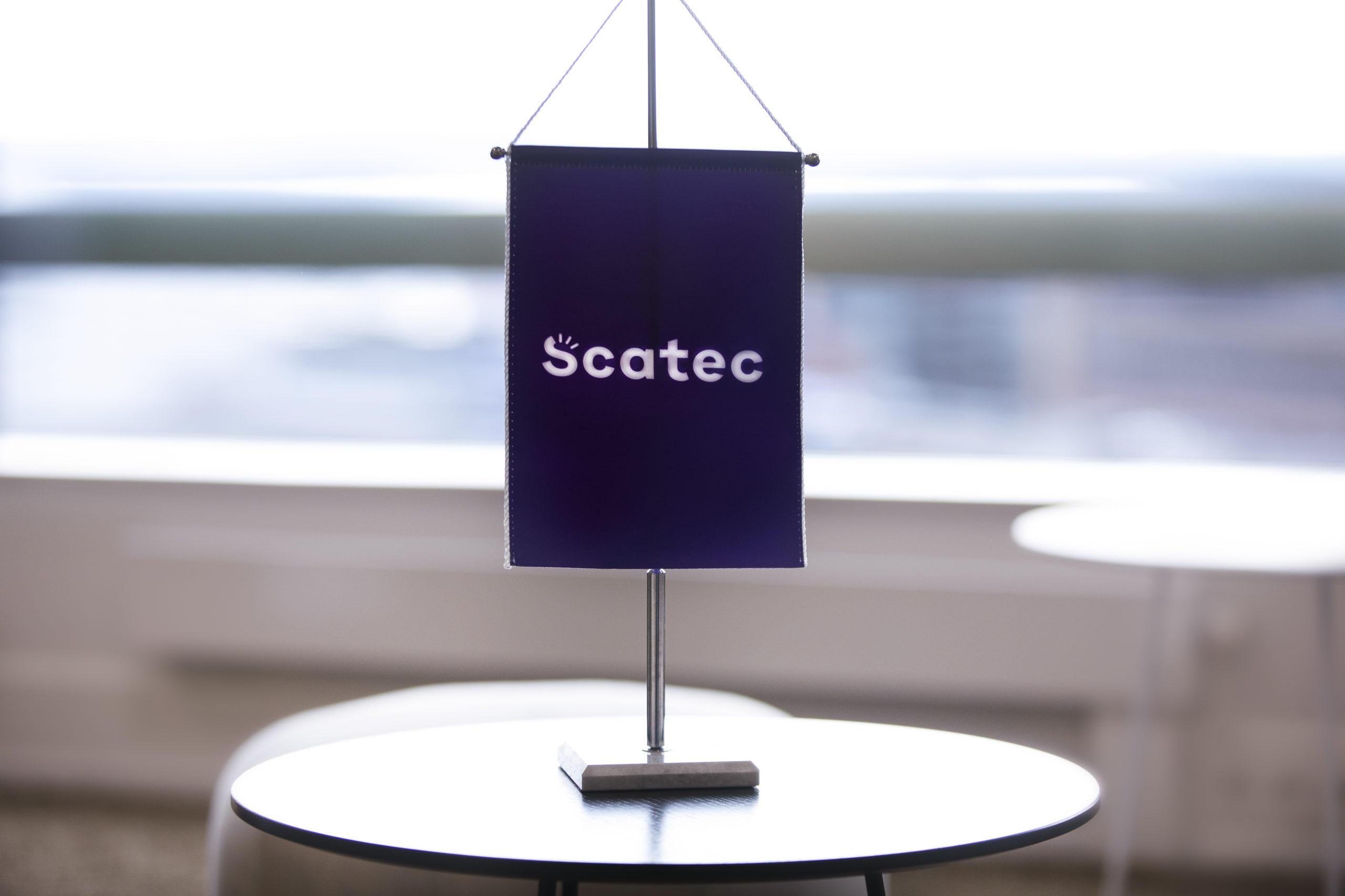GRI 2-27: Compliance with laws and regulations
Scatec is committed to conducting our business in a sustainable manner and in accordance with leading, global Environmental, Social and Governance (ESG) principles. In addition, we are strongly positioned to implement best practices of Environmental, Social and Corporate Governance (ESG) management approaches.
International best practice frameworks and guidelines
We strive to work in line with the Equator Principles and IFC Performance Standards in all operations and our work is guided by the Organisation for Economic Co-operation and Development’s (OECD) Guidelines for Multinational Enterprises, the United Nations Global Compact, the United Nations Guiding Principles on Business and Human Rights, and the core conventions of the International Labour Organization (ILO).
Regulations and compliance
As a listed company on the Oslo Stock Exchange in Norway, we comply with the Norwegian Diversity Act, Norwegian Transparency Act and EU Taxonomy on environmentally sustainable activities. In 2023, we will assess our Corporate Sustainability Reporting Directive (CSRD) readiness and aim to close any gaps identified towards compliance and best practice.
- Scatec is committed to protecting the environment and contributing to the prevention of climate change. We understand that our activities may cause harm and we continuously work to reduce any negative impact that we may cause. We support a cautious approach to environmental challenges and undertake initiatives to promote greater environmental responsibility.
- Scatec strives to conduct all business with respect for the fundamental human rights. We take responsibility to avoid adverse impacts to our employees, suppliers, local communities and all other stakeholders affected by our operations.
- Engagement is a key element of building trust among our stakeholders and the communities that neighbour our business operations. We commit to deliver timely and meaningful consultations to project affected communities and other stakeholders on our activities, and ensure they are given opportunity to voice their opinions and concerns.
- Community investments demonstrate our commitment to social responsibility. These are voluntary initiatives that contribute to the long-term common good of local communities closest to our sites and come in addition to efforts made to mitigate or compensate for project related impacts.
- Scatec values a partnership model in our business activities. A complete screening of all suppliers and third parties engaged in each project is completed through our Integrity Due Diligence (IDD) process. The IDD assesses our third parties’ adherence to our Code of Conduct, ethical business requirements and Environmental and Social Management System (ESMS), or their capacity to adhere to our project’s ESMS.
The compliance function, led by the Chief Compliance Officer, has overall responsibility for building and monitoring compliance within Scatec. This responsibility includes providing guidance on compliance matters and following up potential violations of our governing framework by our employees, partners and suppliers. Where required, a local compliance officer will be appointed.
Anyone who violates Scatec’s Code of Conduct may face disciplinary sanctions which can include termination of employment and the involvement of relevant authorities. Everyone working in Scatec is subject to the same consequences and will be subject to sanctions, regardless of their position or seniority. Leaders who passively tolerate violations by their team members may also face disciplinary actions.
Compliance with applicable laws and regulations are mandatory in all Scatec activities, but business ethics extend beyond simple compliance. Scatec conducts business with integrity, respecting the cultures, dignity and rights of individuals in all the regions where we operate. We strive to conduct business in a way that makes our employees proud to work for Scatec. In 2022, no significant fines were paid nor were non-monetary sanctions in place against Scatec.




